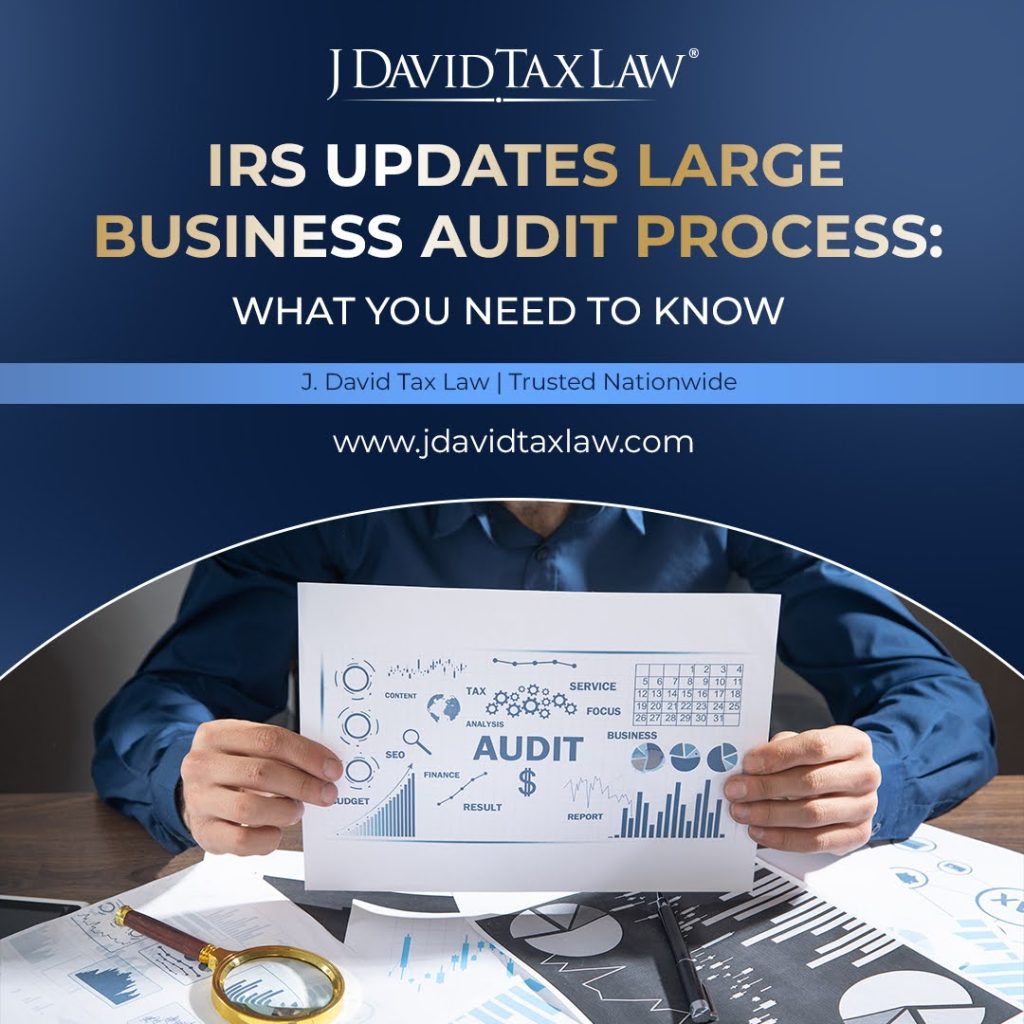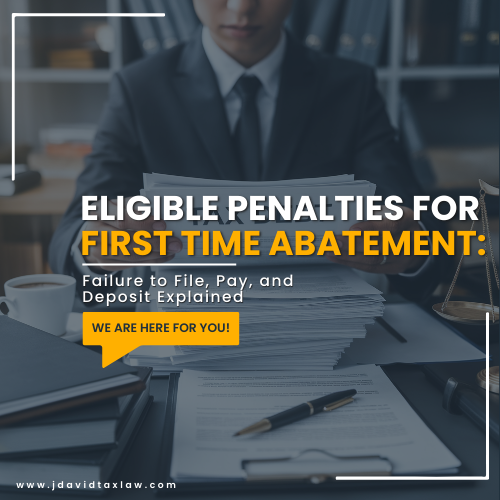The IRS Fresh Start Program is designed to help individual taxpayers and business owners manage overwhelming tax debt through more manageable payment options and penalty relief. While it may sound like a straightforward solution to financial hardship, the program is packed with nuances that affect everything from tax returns to the handling of federal tax liens.
This initiative aims to ease the burden of eligible taxpayers by offering payment plans and tax relief programs. But not all aspects are widely understood, and the eligibility requirements can be complex.
In this article, we’ll uncover some lesser-known realities about the program. This will help taxpayers navigate their application process and secure their financial stability.
Reality 1: Qualifying Isn't As Straightforward As You Think
Qualifying for the IRS Fresh Start Program involves navigating a complex set of eligibility criteria that can be daunting for many taxpayers. The application process requires detailed documentation of the taxpayer’s financial situation, including tax returns, current income, and evidence of financial hardship.
Not all categories of taxpayers are eligible. Only those who meet specific requirements related to their tax debt balance, filing status, and past tax payments may qualify.
The program’s application package also demands precision in filling out tax forms. It may also require guidance from a tax professional to ensure all eligibility standards are properly met. This process ensures that only qualified taxpayers receive assistance with tax bills. But it may also mean that many struggling with tax liabilities may find the door hard to open.
Reality 2: Payment Plans Are Flexible, But Conditions Apply
The IRS Fresh Start Program offers different payment plans to help taxpayers manage their financial hardship. However, these plans come with certain conditions. Taxpayers can choose from short-term and long-term payment plans, which include installment agreements that allow monthly payments.
Each plan requires a detailed breakdown of the taxpayer’s income and expenses to assess their payment capacity. Initial payments and monthly installments must meet specific criteria. For instance, direct debit payments require setting up an automatic payment plan, which ensures that tax payments are made on time.
Reality 3: Tax Liens Could Still Affect Financial Standing
Even under the IRS Fresh Start Program, tax liens can impact a taxpayer’s financial standing. If a taxpayer has outstanding balances, the IRS might impose a federal tax lien. This lien is a legal claim against the assets of a taxpayer failing to pay their tax debt.
While the program offers options like lien withdrawals to reduce their negative effects, these liens can still appear on credit reports. When not handled promptly, these can lower the taxpayer’s credit scores.
To avoid or remove a tax lien, taxpayers need to comply with the terms of any payment plan they enter, such as the installment agreement or direct debit payments. Staying current on estimated tax payments and filing all required tax returns on time are crucial to prevent new liens and preserve one’s credit standing.
Reality 4: There's More Relief Available Than Just Payment Extensions
The IRS Fresh Start Program includes more than just extended payment plans. It also provides options like Penalty Abatement and various compromise agreements. Penalty Abatement can forgive certain tax penalties due to late payments if the taxpayer can show reasonable cause for the delay. This relief can save taxpayers thousands of dollars, reducing their overall tax liability.
Compromise agreements, such as the Offer in Compromise, allow taxpayers to settle their tax debts for less than the full amount owed if paying the full debt would cause financial hardship. This option requires a detailed examination of the taxpayer’s financial situation, including income, expenses, and asset equity. Successfully navigating this application process can lighten a taxpayer’s financial burden.
Reality 5: Compliance Doesn't End With Enrollment
Enrolling in the IRS Fresh Start Program is just the beginning. Taxpayers must continue to meet all tax obligations to maintain their program benefits. This includes filing all required tax returns on time and making all scheduled tax payments, including estimated tax payments and direct debit payments.
Failure to comply with these ongoing responsibilities can lead to the reinstatement of full tax liabilities. These liabilities include penalties and interest that were previously waived or reduced.
Long-term commitment to the program also involves adjusting to changes in financial circumstances. Taxpayers must report any significant changes in their financial situation to the IRS. This ensures that their payment plans, whether they are long-term payment plans or short-term payment plans, remain feasible and reflect their current economic situation.
How Professional Tax Attorneys Can Help
Navigating the IRS Fresh Start Program is not easy. It requires understanding tax laws and meeting strict requirements. Tax attorneys from J. David Tax Law are well-equipped to guide taxpayers through the application process. They can help structure installment agreements and direct debit payments that reflect the taxpayer’s financial situation.
Moreover, these professionals offer vital support in maintaining compliance with the program’s ongoing obligations. They can assist with timely tax filings and adjustments to payment plans as financial circumstances change. With expert help, managing the challenges of the IRS Fresh Start Program becomes more achievable.
Conclusion
Navigating the IRS Fresh Start Program involves complex eligibility criteria, strict payment conditions, potential impacts on credit from tax liens, and ongoing compliance requirements. Managing these challenges requires the expertise of tax resolution professionals who can provide tailored support.
For those seeking assistance, contact J. David Tax Law today to ensure that your financial situation is handled with precision. With their help, you can maximize the relief opportunities available under this valuable tax program.




















